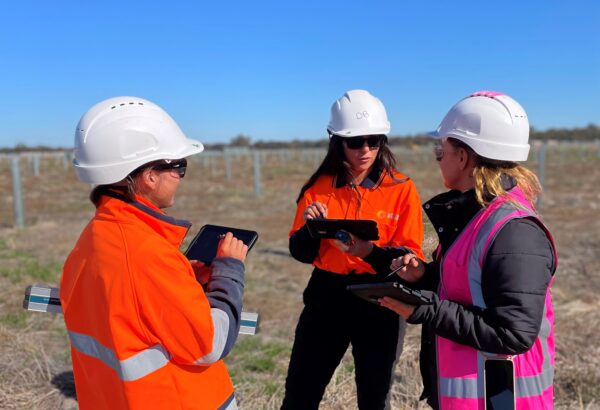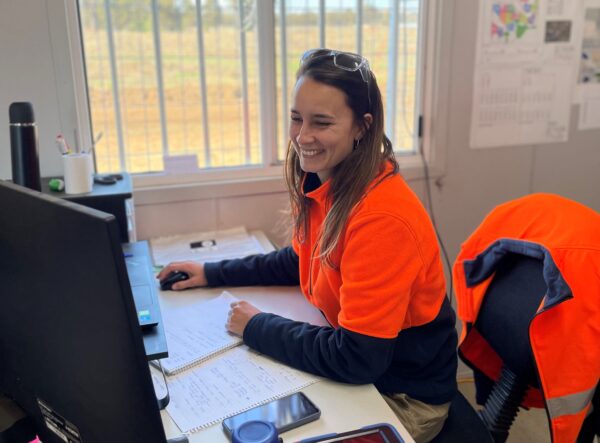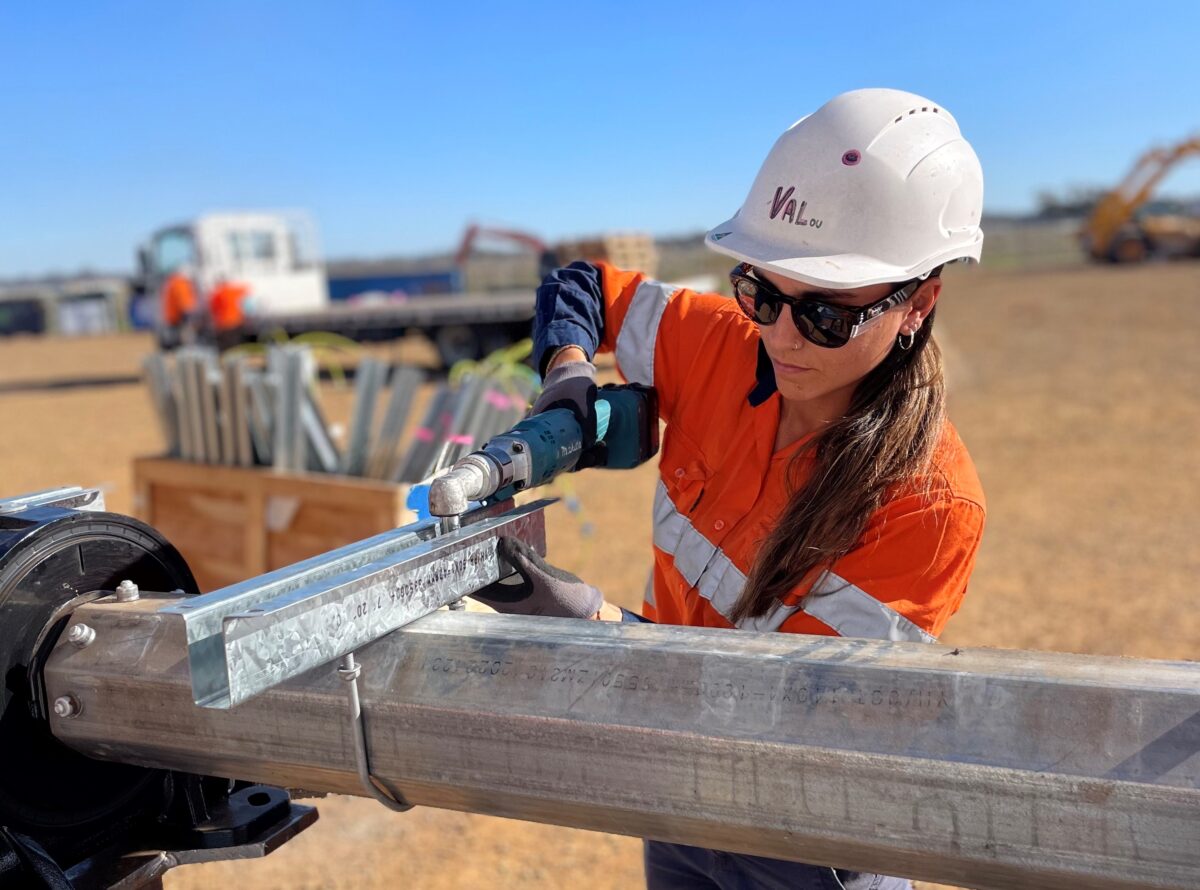While concerns grow for Australia’s ability to meet its net zero targets and the Australian Energy Market Operator (AEMO) sounds alarms that the country is lagging far behind renewables commitments, a major challenge remains the mounting skills crisis, especially in the electrotechnology sector.
While positive initiatives such as the Net Zero Authority have been established and short-term measures are being taken across multiple industries to address the crisis through skilled immigration initiatives, Australian engineering, procurement and construction (EPC) services provider ACLE Services argues that half of Australia’s potential workforce cannot be ignored as we look to upskill the next generation of skilled workers.
Currently, just 12% of the construction workforce in Australia are women. ACLE Services by contrast maintains a female workforce of an industry leading 43%.
ACLE co-founder and Director of Construction Brenton Moratto said the generally poor representation of women in the construction workforce presents both a massive risk and opportunity.
“There is no good reason for the industry average to be so low,” he said. “What we are finding is that barriers remain for young women in perceptions that they don’t belong ‘on site’ and in false assumptions around how diverse a career in the industry can be.”

Image: ACLE Services
“There are no two ways about it, if we are going to meet our targets as a nation, we need a more inclusive, more robust and more equitable workforce,” Moratto said.
“In our operations we have found that communication and clear paths to career development have made the difference to helping us achieve such high female workforce rates, something we are very proud of.”
“We must get to the heart of the issue of low female participation rates in critical skills such as electrotechnology and renewable energy construction and the government’s announcement of the Net Zero Authority and initiatives such as the National Construction Forum are a great place to start this conversation.”
ACLE Site Supervisor Janie Duval said many of the reasons behind low levels of female participation in the renewable energy workforce are based in misconceptions of clean energy developments, the diversity of essential positions available and the importance of the work being completed.
“It seems very intimidating for women to join construction because there’s a misconception that you need to be physically strong, but construction is more than that,” she said. “It’s about strategic thought when delivering infrastructure or projects, and the more you have diversity the more robust and creative approach you will have to delivering those projects. People often don’t know what it involves and may underestimate the opportunities available to women.”
“When I joined ACLE three years ago as a new entrant, I never imagined that I would become a mechanical supervisor. I never worked in construction or in the renewables sector, but it was interesting to join a workforce and see my career in the sector grow exponentially, with more responsibilities and complex projects to manage.”

Image: ACLE Services
ACLE Quality Assurance Manager Anna Heyvaerts is among those women who have moved into the renewable energy workforce and she is delighted with the decision.
“I started as a general labourer and worked my way to quality assurance manager,” she said. “I have a team of quality inspectors and supervisors and have noticed that in almost all projects I’m across, there’s an equal balance of women and men across different levels working together to deliver projects which I think contributes to our success.”
“The crux of the matter lies in fostering a positive work environment where everyone can thrive, irrespective of their gender. An inclusive workplace that allows women to flourish, as well as equips them with the resources, training and projects that showcase their different talents and perspectives.”
“Apart from good workforce opportunities and an inclusive workspace, it is important to also take consideration in hiring women in the recruitment process. Placing importance on who can get the job done based on merit is just as important as ensuring there is diversity and robust perspectives when delivering infrastructure.”
ACLE said while Australia continues to double efforts to meet its renewable energy targets, green-lighting necessary developments and improving approval processes, attention must be paid toward the widening gap between intentions and capability – removing obstacles facing 50.21% of the Australian workforce is a good place to start.
This content is protected by copyright and may not be reused. If you want to cooperate with us and would like to reuse some of our content, please contact: editors@pv-magazine.com.








By submitting this form you agree to pv magazine using your data for the purposes of publishing your comment.
Your personal data will only be disclosed or otherwise transmitted to third parties for the purposes of spam filtering or if this is necessary for technical maintenance of the website. Any other transfer to third parties will not take place unless this is justified on the basis of applicable data protection regulations or if pv magazine is legally obliged to do so.
You may revoke this consent at any time with effect for the future, in which case your personal data will be deleted immediately. Otherwise, your data will be deleted if pv magazine has processed your request or the purpose of data storage is fulfilled.
Further information on data privacy can be found in our Data Protection Policy.